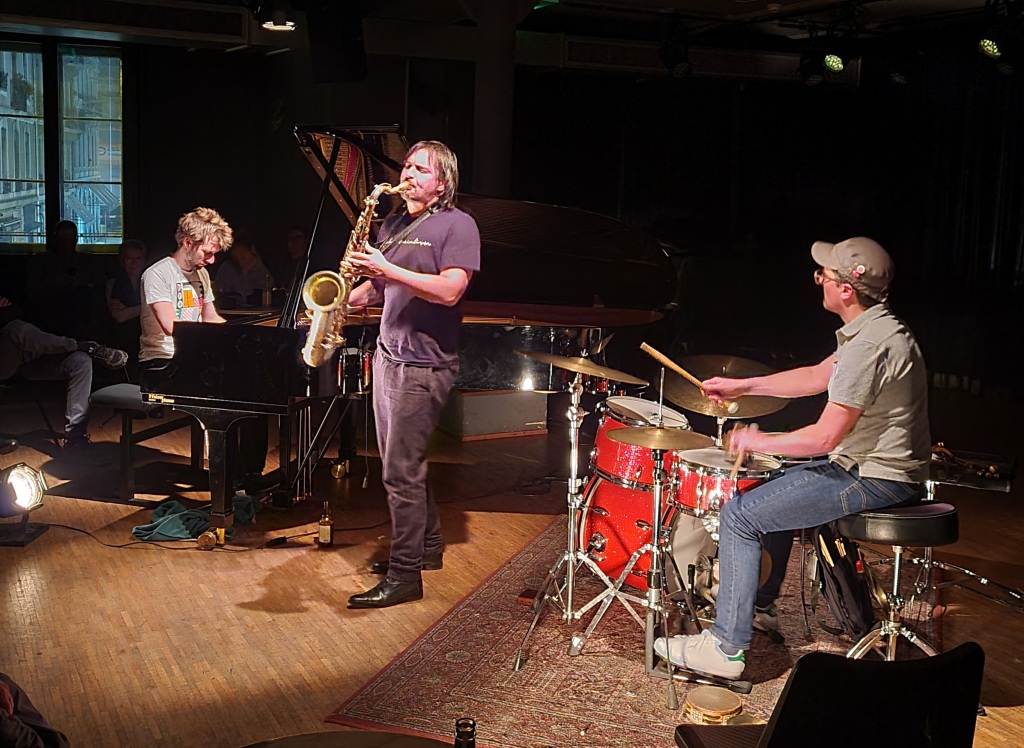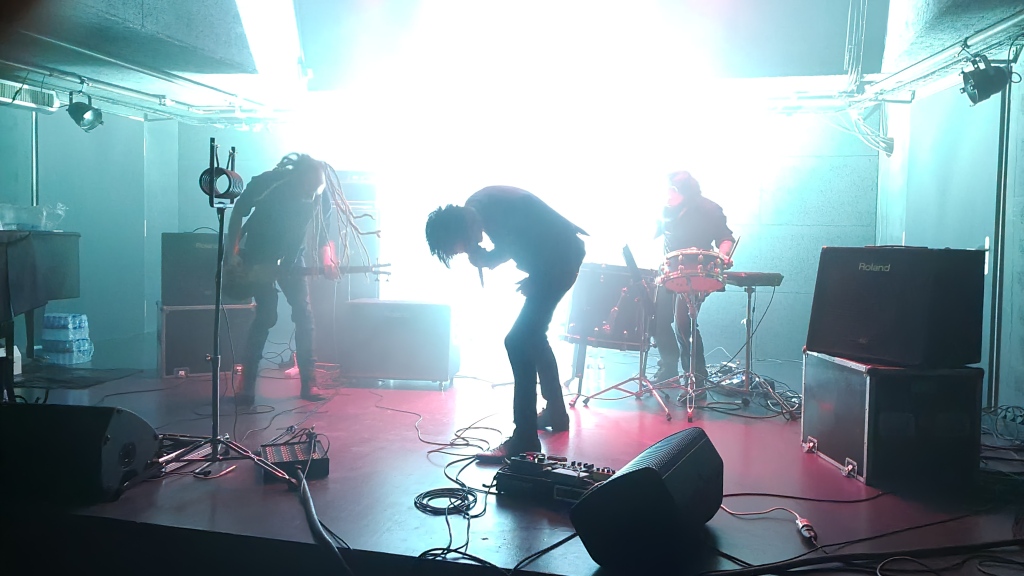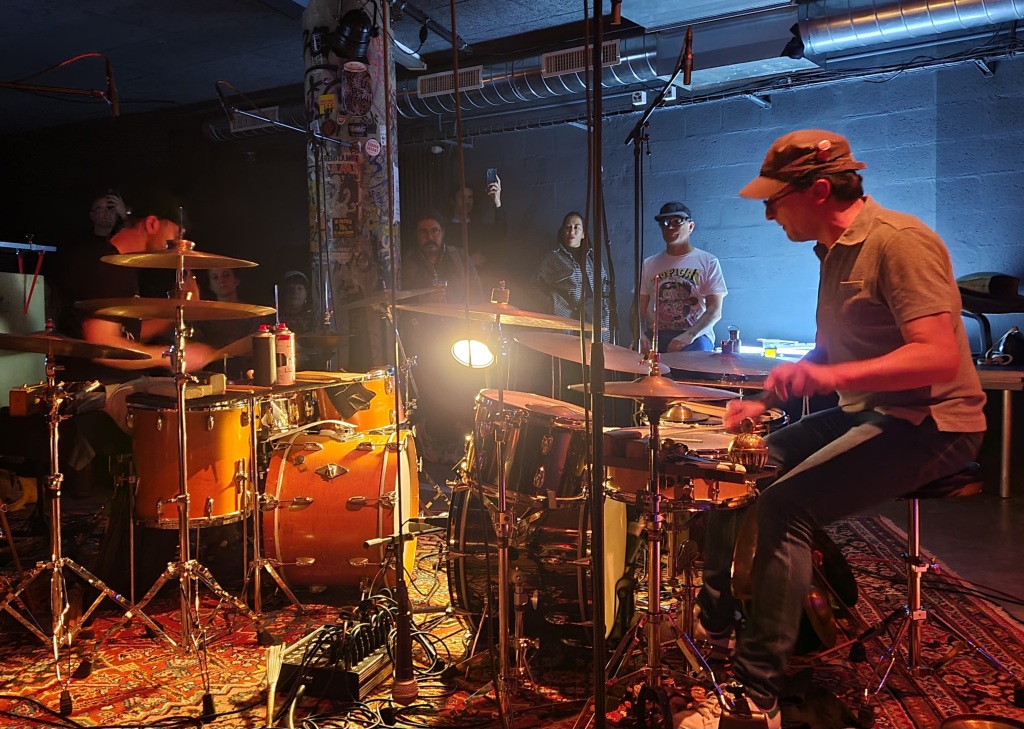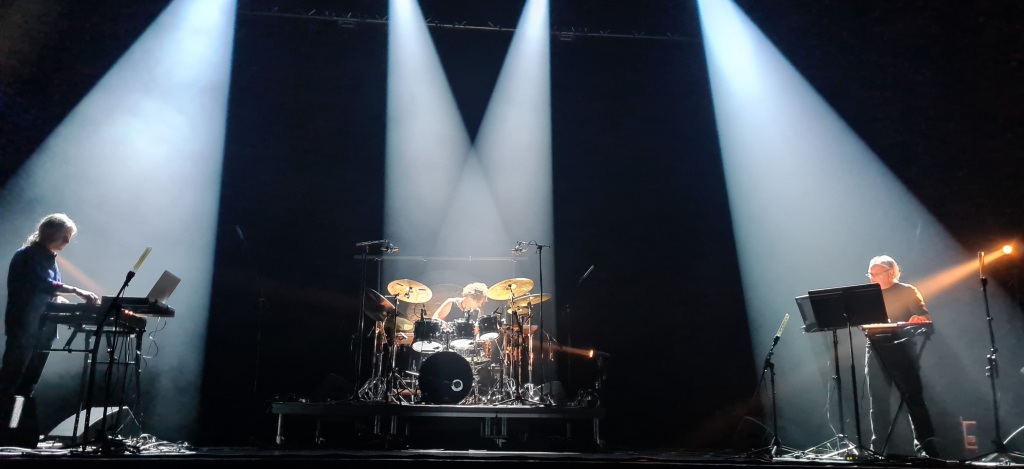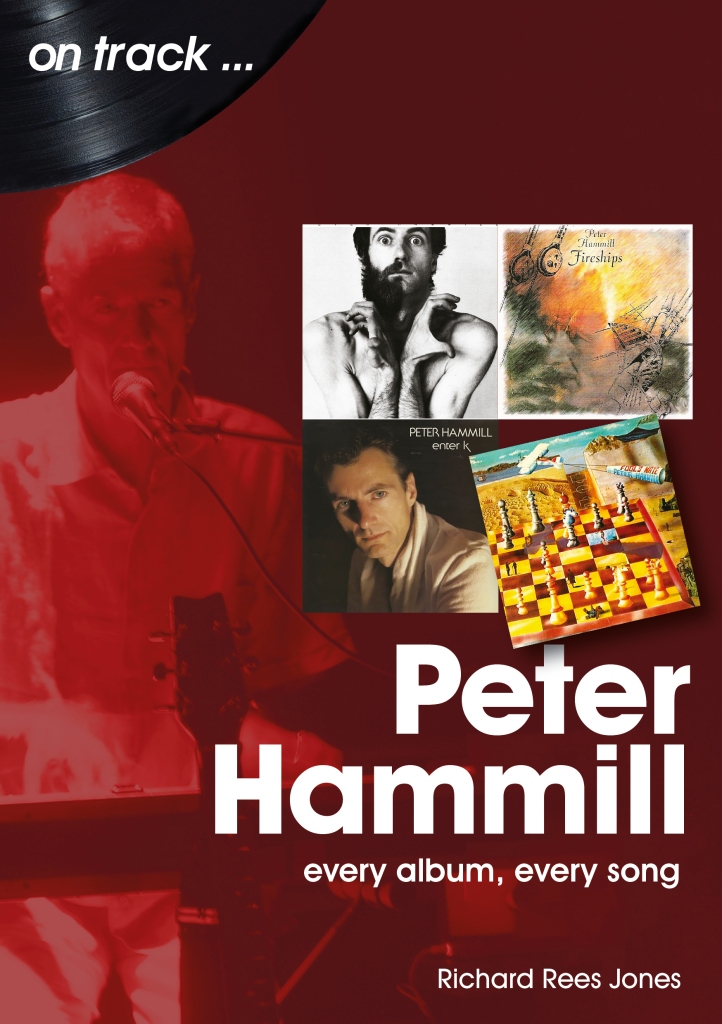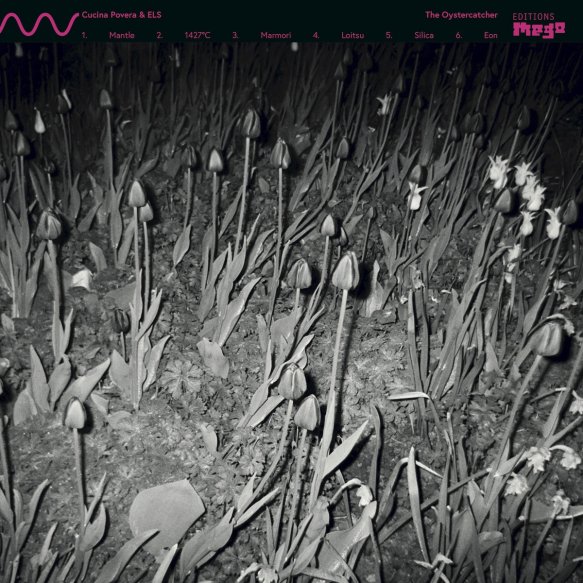This was a concert that brought back all kinds of memories for me, as well as being hugely enjoyable in its own right. Back in 2005, when I was still living in the UK, I reviewed Marissa Nadler’s first two albums, Ballads of Living and Dying and The Saga of Mayflower May, for The Sound Projector magazine. Nadler hadn’t had a whole lot of press at the time, at least not in the UK, so I felt (with some justification) that I was blazing a trail for her somewhat. A couple of years later, I reviewed her third album Songs III – Bird on the Water, also for The Sound Projector. As those reviews bear witness I was very taken by this music, an impression Nadler’s subsequent albums have done nothing to dispel.
A year or so later Marissa Nadler played her first concert in Vienna, at an acoustic club which occupied the back room of a place called the Gasthaus Vorstadt in the 16th district. It wasn’t a part of Vienna I knew well, and I’d never previously been to the venue. Indeed I never went back there, and the place was to close down for good a few years later. Google Street View tells me that the building (at Herbststraβe 37) is now empty, which seems a shame. Anyway, my (rather short) review of the evening is here. I was able to catch a brief word with Marissa after the concert, and mentioned that I’d written reviews of all her albums. She replied that her mother kept a scrapbook of all her press coverage, so I hope my reviews made it into that scrapbook.
Looking online now for information about that evening, I find that Nadler had played at L’Usine in Geneva just a couple of days earlier. And what do you know, a couple of weeks ago she was back there, giving me my first opportunity to see her live since 2008. It was also my first visit to L’Usine, despite having lived in Geneva for six years now. An impressively grungey and squat-like hangout, it reminded me very much of the Arena in Vienna (the small hall, specifically).
Whereas Nadler’s 2008 concert in Vienna had been a strictly solo affair, this time she came with two extra musicians – guitarist and keyboardist “Milky” Burgess and bassist Monika Khot, plus a drum machine that was occasionally pressed into service for the more uptempo numbers. Despite these additions, it was good to hear that Nadler hasn’t gone rockabilly or anything in the intervening years. Her sound is still defined by her gorgeous, ethereal voice and diamond-hard fingerpicked guitar, carrying songs steeped in myths, dreams and unexpressed longing. Accentuated by the rich sound of her 12-string electric guitar, and aided by strong backing from Burgess and Khot, Nadler’s music cleaves to a heady, psychedelic vision of folk, drawing on uncanny pastoral imagery and bright, fluttering melodies.
Highlights of the evening included the title track from Nadler’s new album, The Path of the Clouds, which she introduced, without further explanation, as being “about D.B. Cooper.” Cue blank looks from the majority of the audience. Cooper, it turns out, was a mysterious individual who in 1971 hijacked a plane in the northwestern United States and parachuted into the night, never to be seen again. Now this guy may be some kind of mythical figure in the US, but I personally had never heard of him and neither, I would suggest, have most Europeans. Not that it matters much, since the song itself was a beautiful, airborne drift of a thing.
There was, moreover, something endearingly ramshackle about Nadler’s performance. Whether asking the lighting man to turn the lights down, the soundman to turn the click track up in her in-ear monitors, or discussing some kind of unwanted bass frequency with Burgess, this was not a slick, polished performance, and was all the better for it. Introducing the song “Well, Sometimes You Just Can’t Stay”, Burgess promised that it would be a showcase for “Marissa’s hot riffs”, and indeed the outro to the song featured a fine, splintering solo from Nadler. Returning to the stage alone, Nadler encored with the spectral “Fifty Five Falls” from her début album, a song so haunting and witchy it threatened to make the walls of L’Usine crumble around us and send us sliding into the depths of Lake Geneva.

